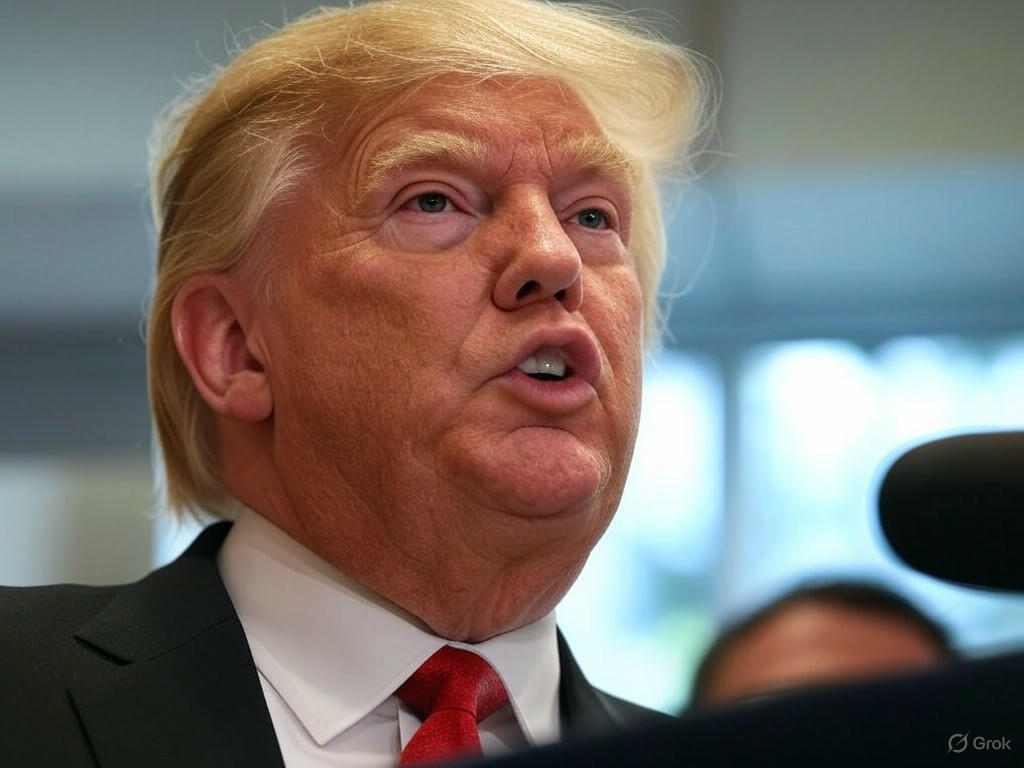In a surprising turn of events, President Donald Trump recently declared a significant step forward in US-China trade relations, asserting that Chinese President Xi Jinping has committed to resuming the supply of vital rare earth minerals to the United States. This announcement came ahead of a fresh round of trade discussions set to take place in London, a neutral ground for both economic powerhouses. Trump’s statement has sparked hope among American industries heavily reliant on these materials, which are essential for manufacturing everything from smartphones to military equipment. However, the optimism is tempered by lingering doubts about whether China will truly loosen its grip on this strategic resource.
Rare earth minerals, a group of 17 elements critical to modern technology, have long been a point of contention between the two nations. China dominates the global supply, producing nearly 60% of the world’s rare earths, and has previously used its control as leverage during trade disputes. In recent years, tensions escalated as the US sought to reduce its dependency by exploring domestic mining and alternative suppliers. Yet, progress has been slow, and many American companies remain vulnerable to disruptions in Chinese exports. Trump’s claim of a renewed flow suggests a potential thaw in relations, but the specifics of the agreement—if one exists—remain unclear. Neither side has released official documentation, leaving room for speculation about the terms and longevity of this supposed deal.
Analysts, however, are quick to caution against over-enthusiasm. Many believe China views its rare earth dominance as a critical bargaining chip, unlikely to be relinquished easily. Historically, Beijing has wielded this advantage to influence international policies, and experts argue that any concession now might be temporary or tied to significant US compromises in other trade areas. Some suggest that China could be using this promise as a tactical move to gain goodwill while maintaining ultimate control over supply chains. The upcoming London talks will likely serve as a litmus test for the sincerity of both parties, with rare earths expected to be a central topic alongside tariffs and intellectual property concerns.
For now, the global market watches with bated breath. If Trump’s announcement holds true, it could stabilize prices and ensure a steady supply for US industries desperate for these materials. But if China’s commitment falters, the US may need to accelerate efforts to diversify its sources—a process that could take years and billions in investment. The stakes are high, as rare earths are not just commodities but cornerstones of technological and military supremacy.
As the London meeting approaches, the world waits to see whether this development marks a genuine breakthrough or merely a fleeting gesture in the ongoing economic chess game between Washington and Beijing. One thing is certain: the battle for rare earths is far from over, and its outcome will shape the future of global innovation.
